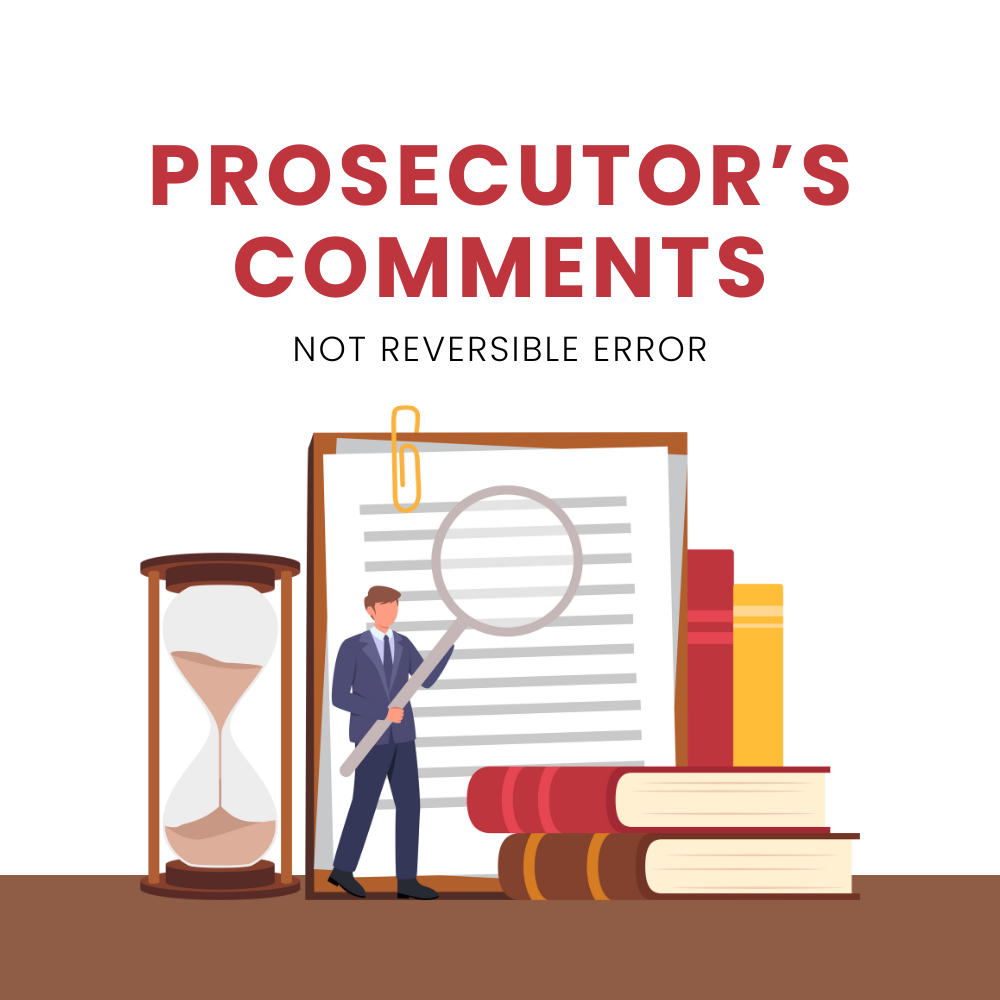No Misconduct Requiring Reversal Even Though Prosecutor “Crossed The Line” With Comments
The prosecutor in a criminal sexual conduct trial “cross[ed] the line” when he stated during closing argument that victims “have the right to be believed,” the Michigan Court of Appeals has ruled in a published opinion.
MSC To Hear Open Meetings Act Issue Involving City Of Royal Oak Retail Marijuana Ordinance
The Michigan Supreme Court is set to hear arguments in a case addressing whether the City of Royal Oak violated the Open Meetings Act because the city commission effectively delegated its governing authority to the city manager, who chose in closed-door meetings which applicants would be awarded retail marijuana licenses.
MSC Vacates Termination Of Dad’s Parental Rights, Directs Appeals Court To Reconsider Arguments
The Michigan Supreme Court has vacated a Court of Appeals decision that affirmed the termination of a father’s parental rights, sending the case back to the appeals court for reconsideration after the father files a supplemental brief.
MSC: No Compensable ‘Taking’ When Real Property Fails To Sell At Public Auction
There is no “taking” under the Michigan Constitution’s Takings Clause if the foreclosing governmental unit attempts to sell the foreclosed-upon property at a public auction but the property does not sell, the Michigan Supreme Court has unanimously decided.
Governmental Unit That Foreclosed On Properties Violated The Constitutional Takings Clause
The Takings Clause of the Michigan Constitution was violated where the plaintiffs’ foreclosed-on properties were never offered for sale at a public auction, the Michigan Supreme Court has unanimously ruled.
MSC: Republican Party Can Pursue Election Inspector Claims Against City Of Flint
The Michigan Republican Party and the Republican National Committee have standing to sue City of Flint officials for not appointing enough inspectors during the 2022 election, the Michigan Supreme Court has ruled.
Michigan Supreme Court: Contractual Time Limits In Employment Agreements Must Face Reasonableness And Unconscionability Review
The Michigan Supreme Court held that while contractually shortened limitations periods are generally permitted, such provisions in adhesive, non-negotiated employment agreements require close judicial scrutiny and must be examined for reasonableness.
MSC Holds DHHS Not Required To Provide Reasonable Efforts To Reunify Child After Subjection To Aggravated Circumstances
The Michigan Supreme Court held that the Department of Health and Human Services (DHHS) was not required to make reasonable efforts to reunify the family because the respondent-parent subjected the child to aggravated circumstances, as defined under MCL 722.638(1) and (2), by facilitating criminal sexual conduct involving penetration, even though the parent did not personally commit the act.
Michigan Supreme Court Bars Remand in Summary Contempt Case Due to Insufficient Record and Finality of Proceedings
The Court held that remanding for nonsummary contempt proceedings after vacating a summary conviction for insufficient findings is improper when the original contempt was appropriately handled summarily (because it occurred in the judge’s presence) however, the record was too insufficient to support a conviction and the original proceeding has long concluded.
Michigan Supreme Court: Online Gambling Law Doesn’t Eliminate Right To Sue
In an unanimous opinion, the Michigan Supreme Court ruled that there is no clear evidence that the Legislature intended the Lawful Internet Gaming Act (LIGA) to eliminate common-law claims such as fraud, conversion, and breach of contract arising from a gambling dispute between a patron and an online gaming licensee.
Michigan Supreme Court Finds Plaintiff Demonstrated Genuine Issue Of Material Fact In Medical Malpractice Case; Reverses COA Judgment
The plaintiff demonstrated a genuine issue of material fact regarding the hospital's liability for medical malpractice under the theory of ostensible agency and did not need to show further reliance under the Grewe test.
Michigan Supreme Court: Plaintiffs May Cure Real Party in Interest Defects Through Amendments or Rescissions
The Michigan Supreme Court held that both C-Spine Orthopedics, PLLC, and Wallace had standing to file their respective lawsuits, but they were not the real parties in interest at the time of filing because they had assigned their claims for personal protection insurance (PIP) benefits to third parties.
Michigan Supreme Court To Hear Case Involving Cap On Real Property Taxes
The Michigan Supreme Court has agreed to hear a case where the lower courts ruled that, because the installation of a replacement roof on a commercial building constituted “new construction” and an “addition,” the property’s taxable value was properly increased beyond the statutory cap.
MSC Adopts Framework For Applying Amended Court Rules, OKs Case-Evaluation Sanctions Under Old MCR 2.403
The trial court properly awarded case-evaluation sanctions under now-eliminated Michigan Court Rule 2.403(O) because it “had discretion to apply the former court rule” under Michigan Court Rule 1.102 “and did not abuse that discretion,” the Michigan Supreme Court has held.
Michigan Supreme Court Finds Credibility Disputes Over Vehicle Signal Use Preclude Summary Judgment And Clarifies Spoliation Standard
Summary disposition was not warranted where there were factual disputes about whether a truck’s turn signals were operating at the time of the accident. Further, sanctions for spoliation of evidence must be supported by findings at the trial court that the evidence at issue was material and that the party had a duty to preserve the evidence before a lawsuit was filed.
Michigan Supreme Court Says Sidewalk Metal Hazard Not Subject To Governmental Immunity
The city of Detroit was not entitled to summary disposition on the basis of governmental immunity after the Court determined that a metal stub protruding out of a paved sidewalk constituted a “sidewalk defect” and created “a dangerous condition”. . The Supreme Court reversed the Court of Appeals’ decision and remanded to the trial court.
Release Signed By Volunteer Ski Patroller Not ‘Ambiguous’
The Michigan Supreme Court has reversed a ruling that allowed a negligence suit to proceed against a ski resort because, contrary to the Michigan Court of Appeals decision in the case, the release signed by the injured party was not ambiguous.
MSC Will Not Hear Frozen Embryo Case, Justice Urges Legislature To Take Action
The Michigan Supreme Court will not decide a dispute over a divorced couple’s cryogenically frozen embryo, saying it was “not persuaded” the justices should review the issues presented.


















